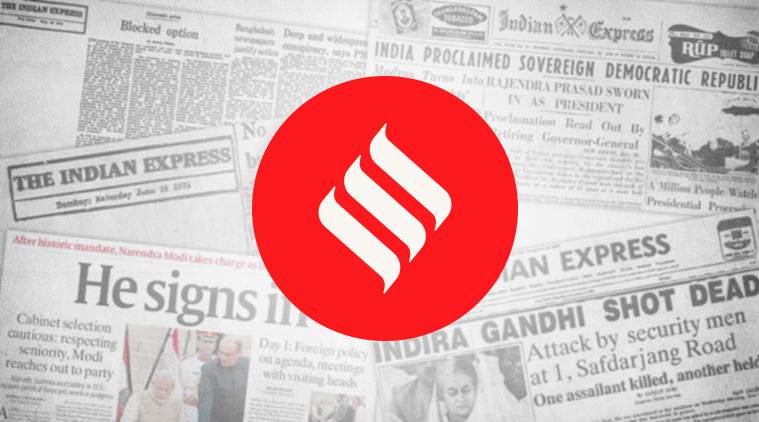
The CBI’s new director, Rishi Kumar Shukla, takes charge of India’s premier investigative agency in a delicate moment. Seldom has the agency, which is expected to boldly probe high-profile and politically-freighted cases, looked more shaken, more vulnerable. It is true that criticism of the CBI’s functioning and scepticism over its claims to impartiality and independence, are nothing new. It was in an earlier regime, after all, that it earned from the Supreme Court the unflattering descriptor of “caged parrot”. Yet, the civil war that has raged within, at the top echelons of the agency, and the controversy that has surrounded it over the last year and more have been unprecedented. They have not only shone harsh light on the CBI, but they have also drawn out the worst in other institutions — be it the political executive which short-circuited due process and made controversial moves in the dark, the court which displayed undue concern for sealed covers and left important questions unanswered, or the Central Vigilance Commission that appeared to take sides in the tussle within the agency and lend a convenient shoulder for the government to fire from. The new director’s appointment has itself kickstarted fresh controversy, with the Leader of Opposition, one of the three members of the high-powered selection committee, alleging that laid out eligibility criteria have not been scrupulously adhered to. But the imperative now is for the new chief to lose no time in getting down to work to repair and restore the CBI’s image and credibility.
It won’t be easy. If the CBI is weighed down by the recent controversies, it is also hemmed in by long-standing structural constraints, such as the lack of a specific law that defines its mandate and insulates it from extraneous influence. If it is criticised for bending to the will of the government of the day, it is also rebuked by a senior minister in the government of “investigative adventurism”, as in the ICICI case. But going ahead, any attempt to course correct can draw strength and succour from the legislative intent in statutory enactments such as the CVC Act of 2003 and the (amended) Delhi Special Police Establishment Act of 1946 apart from the apex court’s directions in the Vineet Narain case which, among other things, laid down a minimum fixed tenure for the CBI director.
Of course, a course correction will also depend upon the restraint and respect the government shows for due process in its dealings with a non-elected institution and the vigilance of the court in holding it to account if it falls short. In the end, however, an institution’s autonomy and independence is also, and crucially, a function of its own willingness and ability to stand its ground. The CBI’s new chief must know that he will be watched closely.